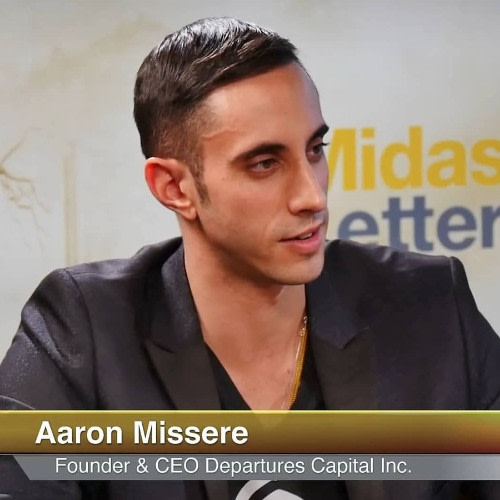Despite the recent rally in the stock market, Aurora Cannabis (ACB - Get Rating) remains under $1 per share on the New York Stock Exchange (NYSE).
There have been two big concerns on ACB investors’ minds over the past few weeks: a possible delisting of the stock from the NYSE and a reverse split.
That is because traditionally, the NYSE requirements state that the minimum share price for a company to be listed on the exchange is $1.
Now just because a company falls below $1 does not mean that it will be instantly delisted. Initially, the NYSE will send notice to a company if their stock price remains under $1 a share for 30 or more consecutive days. The company then has 10 days from the day it receives the notice to tell the NYSE what it plans to do. The company must respond and submit a plan to the NYSE explaining how it will increase the stock price if it wants to remain listed. If the company chooses to delist, the NYSE can suspend the stock’s trading and start the delisting process.
It is assumed that ACB will come up with a plan to come back into compliance if the sub $1 price persists. During this time, however, the stock is considered non-compliant, and the company has six months to bring its share price back above $1. If the company is not able to get its share price back up in that time, suspension and delisting procedures will ensue.
Yet, ACB (and other sub $1 stocks) might be getting a respite from the traditional delisting process. This week the New York Stock Exchange announced that it was in talks with the U.S. Securities and Exchange Commission in an effort to temporarily ease continued listing requirements for companies whose equities are traded on its platform.
This is an ongoing effort to support struggling companies like ACB during these challenging economic times. We applaud the NYSE for their proposal and believe alleviating management from delisting concerns is appropriate. Instead they can focus on generating revenues and cutting costs during the coronavirus pandemic.
Yet, ACB is by no means ‘out of the woods.’ It is a company that still doesn’t have a permanent CEO, carries a large amount of debt and goodwill on their balance sheet, and the Covid-19 crisis is presenting a major challenge to their business.
However, if the NYSE is able to get these new delisting rules in place, it will be one less headache for ACB to deal with. And hopefully, management will be able to concentrate on successfully weathering this economic storm.
(Disclosure: The author is long ACB)
Want more great investing ideas?
Free Access Pass to Wealth365 Online Summit– Join many of the world’s top investors to learn strategies to not just survive, but actually thrive in the midst of this bear market.
Reitmeister Total Return portfolio – Learn Steve Reitmeister’s strategies and current picks that work in bull and bear markets alike.
ACB shares were trading at $0.91 per share on Thursday afternoon, up $0.06 (+6.57%). Year-to-date, ACB has declined -57.87%, versus a -12.60% rise in the benchmark S&P 500 index during the same period.
About the Author: Aaron Missere

Aaron is an experienced investor who is also the CEO of Departures Capital. His primary focus is on the cannabis industry. He also hosts a weekly show on YouTube about marijuana stocks. Learn more about Aaron’s background, along with links to his most recent articles. More...
More Resources for the Stocks in this Article
| Ticker | POWR Rating | Industry Rank | Rank in Industry |
| ACB | Get Rating | Get Rating | Get Rating |






